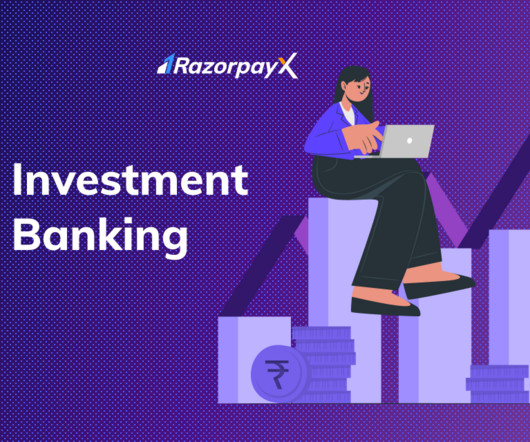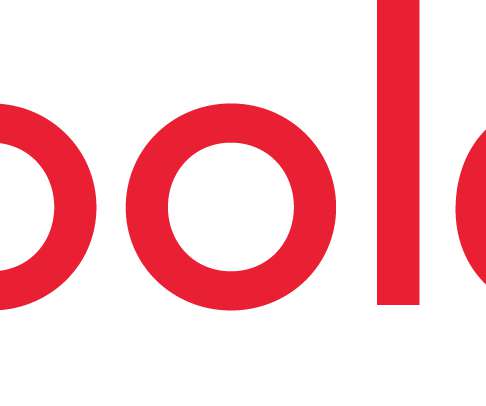SPACs: A Path to Public Markets That Shouldn’t Be Overlooked
MergersCorp M&A International
JULY 5, 2025
At their core, SPACs are shell corporations formed to raise capital via an initial public offering (IPO) with the sole purpose of acquiring an existing private company. This SPAC then conducts an IPO, selling units typically priced at $10 each, to public investors.




















Let's personalize your content